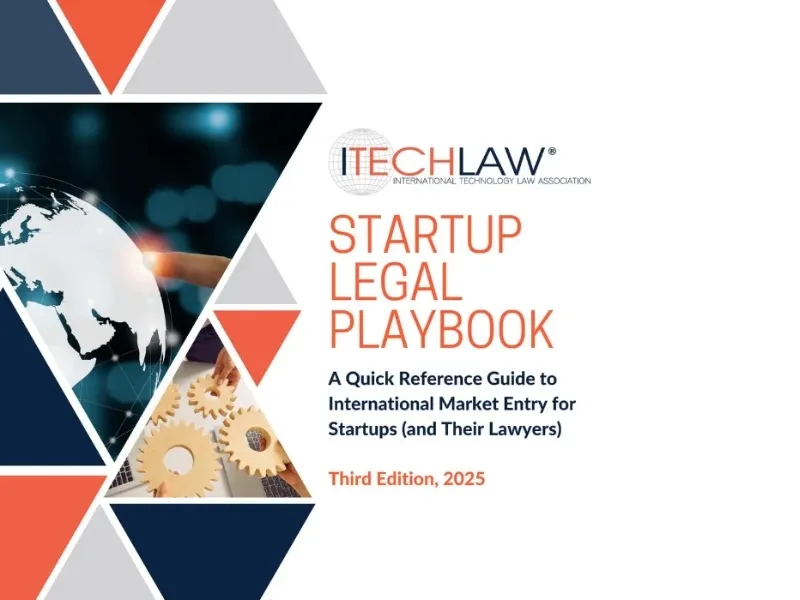Breaking Down Portugal's New Regulatory Decree: Updates to Foreign Citizens' Entry, Stay, Exit, and Removal
Legislative context
On November 12, Law no. 73/2021 was published, approving the restructuring of the Portuguese border control system, which (i) reformulated the regime of the security forces that carry out border control and internal security activities and (ii) introduced rules for the reallocation of powers and resources of the services of foreign affairs (“SEF”).
Further to this law, Decree-Law 41/2023 of June 2 created the new Agency for Integration, Migration and Asylum, I. P. (“AIMA, I. P.”), thus introducing amendments to the Law no. 23/2007, of July 4, which approves the legal regime for the entry, stay, exit and removal of foreigners from national territory.
In view of these changes, it was now important to amend Regulatory Decree no. 84/2007, of November 5, which regulates the aforementioned Law no. 23/2007, of July 4, in order to adapt it to the SEF restructuring.
In addition to the above, this decree carries out an important modernization and simplification of administrative procedures which aims to ensure that AIMA, I. P. (the new migration agency) can have autonomy in examining and deciding on cases relating to the stay of foreign citizens in national territory.

Relevant amendments
Residence visas granted at Portuguese consulates abroad. This decree foresees the possibility of collecting the biometric data at a Portuguese consulate abroad when applying for residence visa and the applicant’s biometrics will then be stored in an AIMA's digital system.
This is, before the publishment of the new decree, the issuance of the residence visa was followed by an appointment, within 6 months, at an AIMA office to collect the applicant's biometric data, which meant that the applicant had to carry out 2 displacements: once to the Portuguese consulate abroad to start the residence visa application and consequent residence permit, and a second time to an AIMA delegation, where they had to submit twice the same documents submitted before at the Portuguese consulate and to collect their biometric data. This amendment simplifies the process, limiting the applicant to just one visit to the Portuguese consulate abroad to start the application.
This change will only apply to consulates that have the necessary equipment for that purpose. If implemented, this measure will optimize resources, which will, in theory, speed up the processing time to issue the residence permits.
Family reunification
This regulatory decree provides a relevant amendment in what concerns the scheduling of appointments for residence permits under a family reunification request.
With this amendment, citizens living in Portugal who wish to benefit from the right to family reunification can now submit their application directly to AIMA digital platform (to be created), which must include the identification of the applicant and the members of the family to which the application relates.
Instead of the previous procedure of having to go to an AIMA office, which meant that there were almost no vacancies available in the services for this purpose, it is now possible for the member responsible for the family to submit their application online, on a platform to be created in the near future for this purpose.
Delivery of the residence permit
The decree foresees the delivery of the residence permit only to the respective applicant, in person at AIMA offices. Another possibilities will be approved soon.
These amendments enter into force on the day following publication of the decree, i.e. January 18th, 2024.


